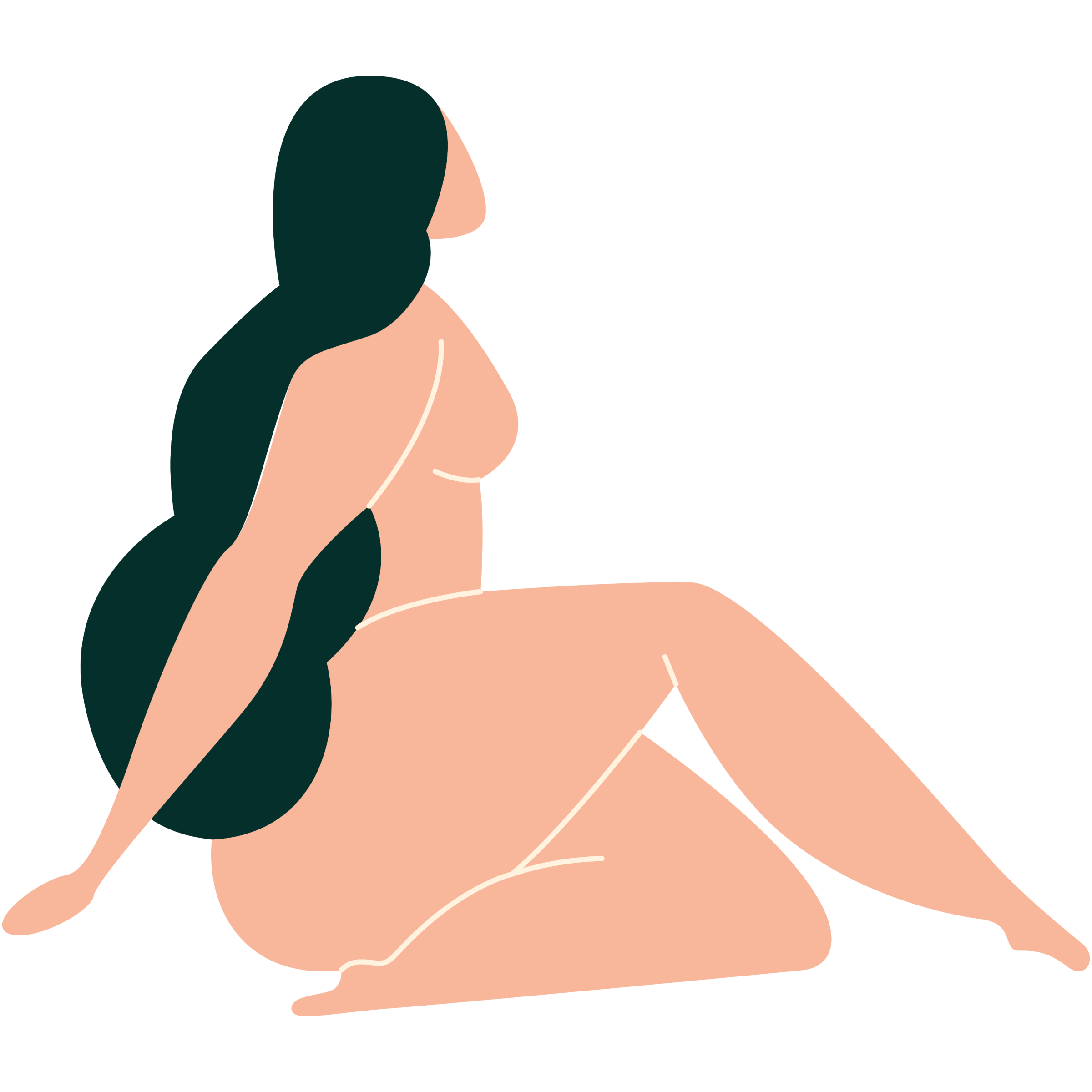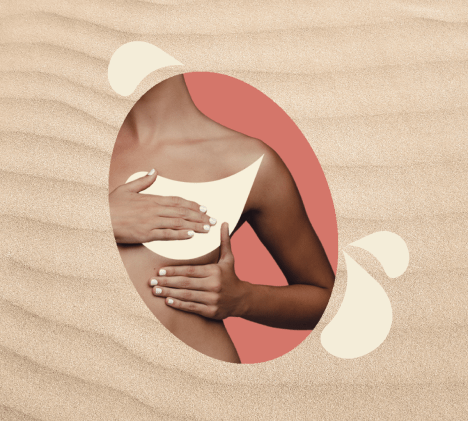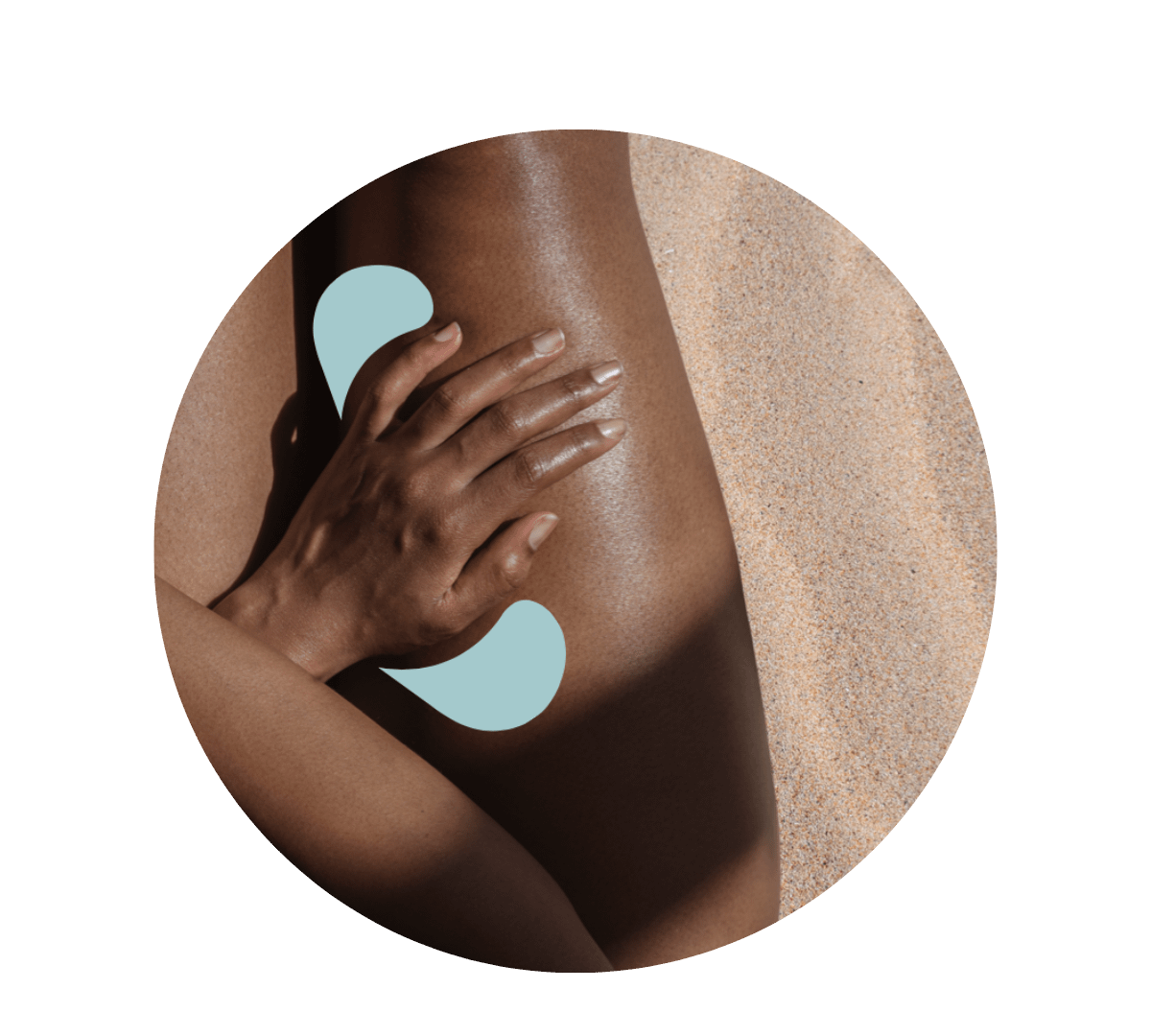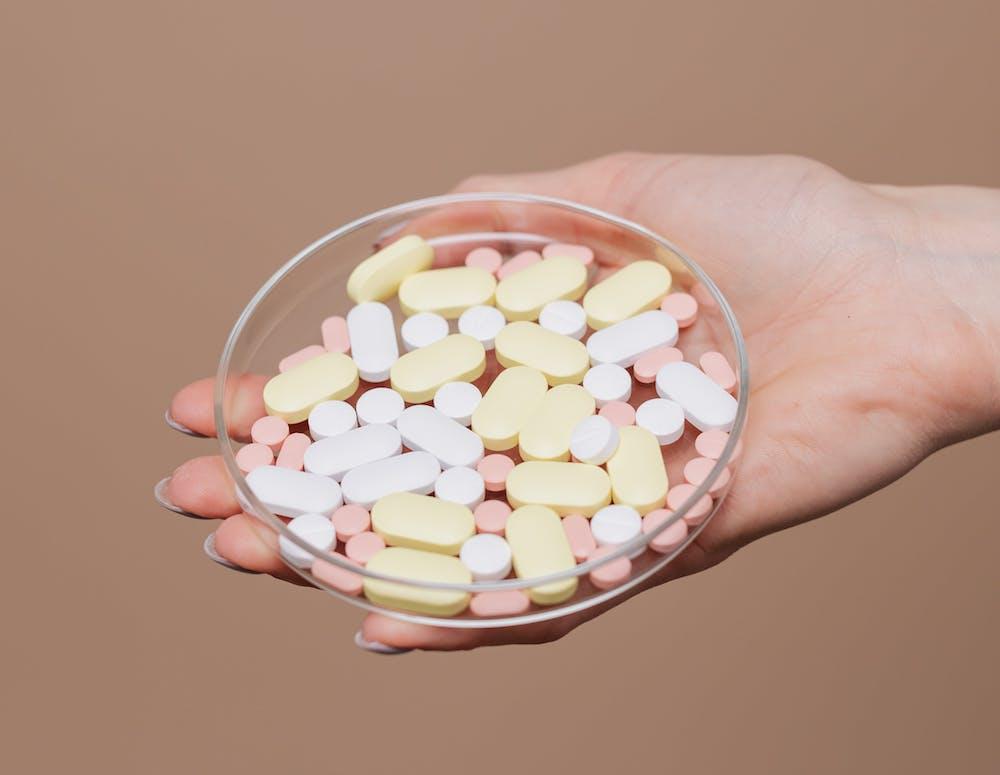
Body
Get to know your body through a better understanding of your anatomy and find the answers to some of your most common questions.
Back
All topics

4 resources

19 resources

6 resources

4 resources

6 resources
Back
All topics

9 resources

12 resources

4 resources

11 resources

2 resources
Back
Back
All topics

17 resources

11 resources

17 resources

2 resources

Mauj Products
We’ve designed our products to help you explore your body, solo or otherwise. Whether you’re a curious novice or a seasoned explorer, this is for you.
Back
All topics

4 resources

19 resources

6 resources

4 resources

6 resources
Back
All topics

9 resources

12 resources

4 resources

11 resources

2 resources
Back
Back
All topics

17 resources

11 resources

17 resources

2 resources

Mauj Products
We’ve designed our products to help you explore your body, solo or otherwise. Whether you’re a curious novice or a seasoned explorer, this is for you.

When we dismiss or reduce a woman's behavior to "her hormones" or “PMS," we are in fact invalidating her. Instead of seeing her behavior, her views, or her feelings for what they are, we reduce them to a stereotype – the common stereotype of women as overemotional, irrational, or hysterical beings.
We, as women, also play a role in perpetuating this narrative; we at times use our periods as an excuse to act in a way that may be deemed out of character by others. We know that the variables in our environments are much more likely to cause us to be angry than our hormones, but when we attribute anger to hormones, we absolve ourselves of responsibility or criticism.
Dr. Robyn Stein DeLuca, a renowned psychologist, explains that PMS is an umbrella term for a number of symptoms that tend to occur in the two weeks leading up to a woman’s period, and while we consider it a given, we don’t actually know that much about it. She outlines two main reasons why it’s problematic.
The first issue is that experts have tried, and failed, to come up with an accurate definition for PMS. After five decades of research, there is still no strong consensus on the definition, the cause, or the treatment. Instead, there is a laundry list of 150 symptoms so large that it renders the whole thing meaningless.
The second issue is that the term PMS has been used, throughout modern history, as a way to justify “unladylike” behavior or to discredit women, further contributing to their stereotyping as irrational and overemotional beings.
Stein DeLuca argues that, while some women do feel symptoms like negative moods and thoughts, it does not amount to a disorder or condition. Calling it a "syndrome" leads to the further medicalization of women's bodies, this idea that normal physical and reproductive processes are to be treated like illnesses needing to be cured.
By fostering a more nuanced understanding of menstruation and dispelling stereotypes, we can promote a culture that values women's emotions, experiences, and agency, as well as a better understanding of menstrual health. Let us move away from using "PMS" as a catch-all term and instead embrace a more empathetic and informed approach to women's health and wellbeing.
Disclaimer: Severe symptoms of depression, irritability, and anxiety that interfere with a woman's ability to lead her life have been grouped under a new term, premenstrual dysphoric disorder (PMDD). If you are experiencing any of these more severe symptoms, we recommend you see a healthcare provider for professional support.
Did you find the answer you were looking for? Is there something we missed? What did you think of this resource? We want to hear from you.





